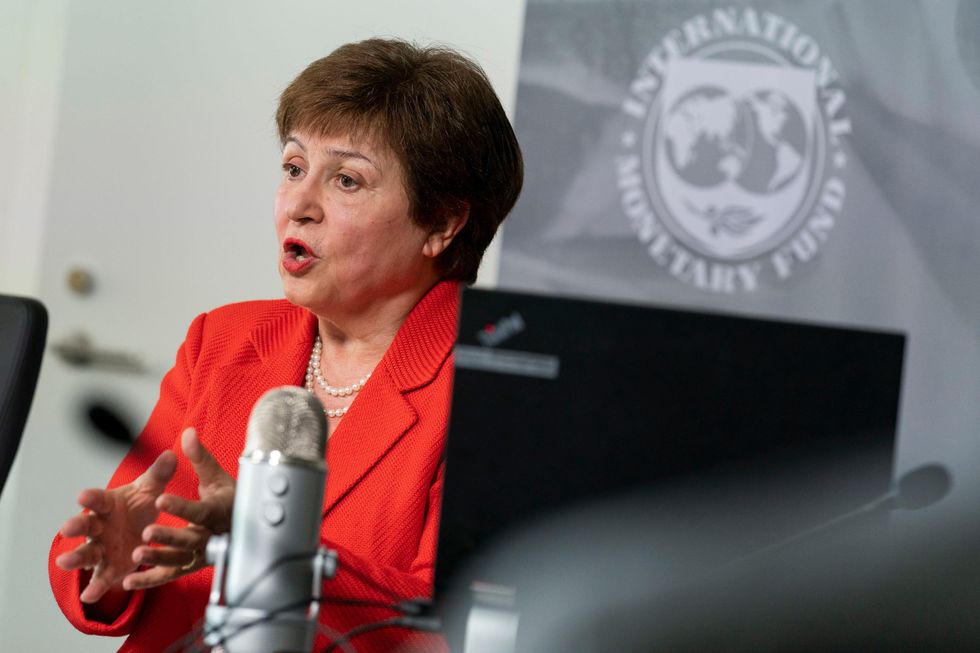
After numerous warnings in recent months from economists and economic justice advocates alike that repeated interest rate hikes could help send the world into a recession, the International Monetary Fund is warning that a third of the global economy will likely face a downturn in 2023.
With the world’s three largest economies—the United States, European Union, and China—”all slowing down simultaneously,” IMF Managing Director Kristalina Georgieva toldCBS‘s “Face the Nation” Sunday, “even countries that are not in recession, it would feel like recession for hundreds of millions of people.”
“It is likely that the world economy will face recession next year as a result of the rises in interest rates in response to higher inflation.”
The IMF is currently projecting that the world economy will face its weakest year since 2001, excluding the beginning of the coronavirus pandemic in 2020 and the 2007-08 global financial crisis.
In October, the financial institution announced that global economic growth was projected to fall to 2.7% in 2023 as the war in Ukraine continues and central banks including the U.S. Federal Reserve repeatedly raise interest rates, as Chairman Jerome Powell has indicated the Fed will likely do once again in the coming months.
“It is likely that the world economy will face recession next year as a result of the rises in interest rates in response to higher inflation,” Kay Daniel Neufeld, director and head of forecasting at the Center for Economics and Business Research (CEBR), toldCNN last week.
Georgieva noted that the U.S.—as its central bank’s actions increase debt burdens and cost-of-living crises in developing countries—may escape the worst of the global economic downturn, saying that “we see the labor market remaining quite strong” in the United States.
“This is… a mixed blessing because if the labor market is very strong, the Fed may have to keep interest rates tighter for longer to bring inflation down,” she told CBS.
Research firm Capital Economics is forecasting a 90% chance that the U.S. will be in a recession in the next six months, saying that it is “likely to be mild,” while Europe is expected to have “a larger downturn due to the huge hit to its terms of trade caused by the Ukraine war.”
U.S. Sen. Elizabeth Warren (D-Mass.) is among the critics who have warned in recent months that the Federal Reserve risks throwing the U.S. into a recession if it continues hiking interest rates, which it last did in mid-December.
As a United Nations Conference on Trade and Development report released in October warned, “The current course of action is hurting the most vulnerable, especially in developing countries, and risks tipping the world into a global recession.”




